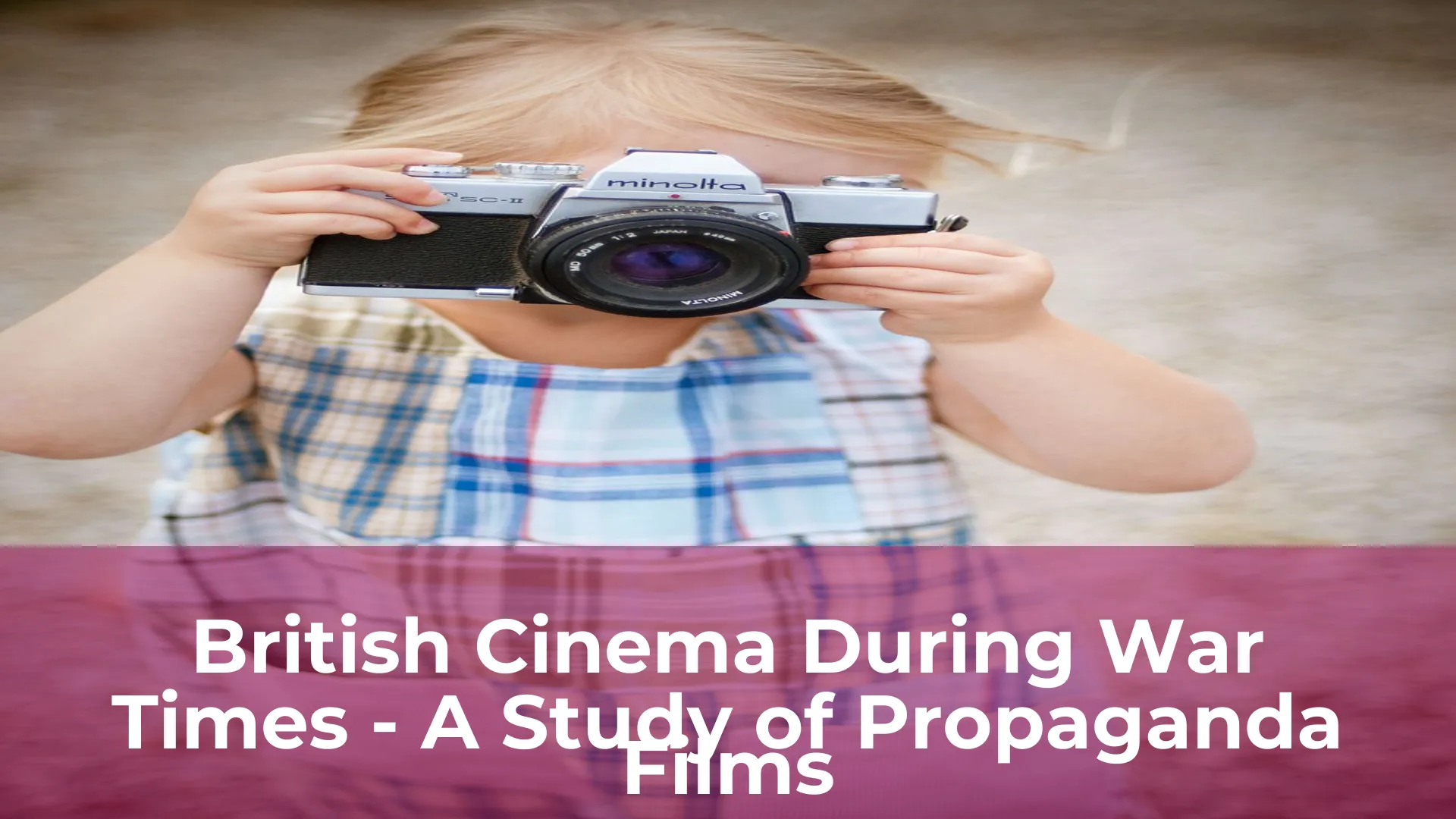During times of war, cinema has been used as a powerful tool by governments to manipulate public opinion. British cinema played an important role during World War II, producing a series of propaganda films aimed at boosting morale and promoting national unity. In this study, we delve into the world of British propaganda films during the war and examine the techniques used to sway public opinion, including the portrayal of the enemy and the use of patriotic themes.
The Role of Propaganda in British Cinema During War Times
The role of propaganda in British cinema during war times was crucial in shaping public opinion and promoting a sense of national identity. Films were not only used to entertain but also to inform and educate the masses about the latest developments in the war effort. Directors, writers, and actors worked together to produce films that would boost morale and encourage people to support the war effort. In some cases, the films were used to justify military action and portray the enemy in a negative light.
The Evolution of British Propaganda Films Throughout World War II
The use of propaganda films during World War II played a crucial role in shaping the opinions and perceptions of the public, both domestically and internationally. In the United Kingdom, the government relied heavily on this medium to foster a sense of national unity and to bolster the war effort. However, the evolution of propaganda films throughout the war was marked by a progression from propagandistic rhetoric to a more nuanced depiction of the realities of the conflict.
At the outset of the war, British propaganda films were heavily reliant on sensationalized depictions of the enemy and simplistic portrayals of the war effort. These films served to galvanize public support for the conflict and demonize the enemy. However, as the war dragged on, the British public became increasingly disillusioned with these simplistic narratives, leading to a shift in the tone and content of propaganda films.
By the end of the war, British propaganda films had evolved into a more nuanced portrayal of the conflict, depicting the sacrifices and hardships endured by both soldiers and civilians. These films served not only to boost morale, but also to offer a more honest and reflective portrayal of the war. Despite the limitations of the medium, propaganda films played a significant role in shaping the British public’s understanding of the war and their role in it.
The Influence of Political and Military Figures on British Cinema
The political and military figures have played a significant role in shaping British cinema, and their influence is evident in the movies produced in the country. From the depiction of World War II in films like “The Dam Busters” and “A Bridge Too Far” to the portrayal of Margaret Thatcher in “The Iron Lady,” political and military leaders have been an important subject matter for British filmmakers.
Furthermore, political and military figures have also played a role behind the scenes, supporting the growth of the British film industry. Winston Churchill, for example, provided crucial support for the industry during the war by allowing filmmakers to access military equipment and personnel for their productions. Similarly, the British Army Film Unit played a key role in documenting the war and creating propaganda films that served to boost morale and support the war effort.
Overall, the influence of political and military figures on British cinema is undeniable. Their impact can be seen in the subject matter of the films produced and in the support they provided to the industry. As such, they will continue to be an important part of British film history for years to come.

